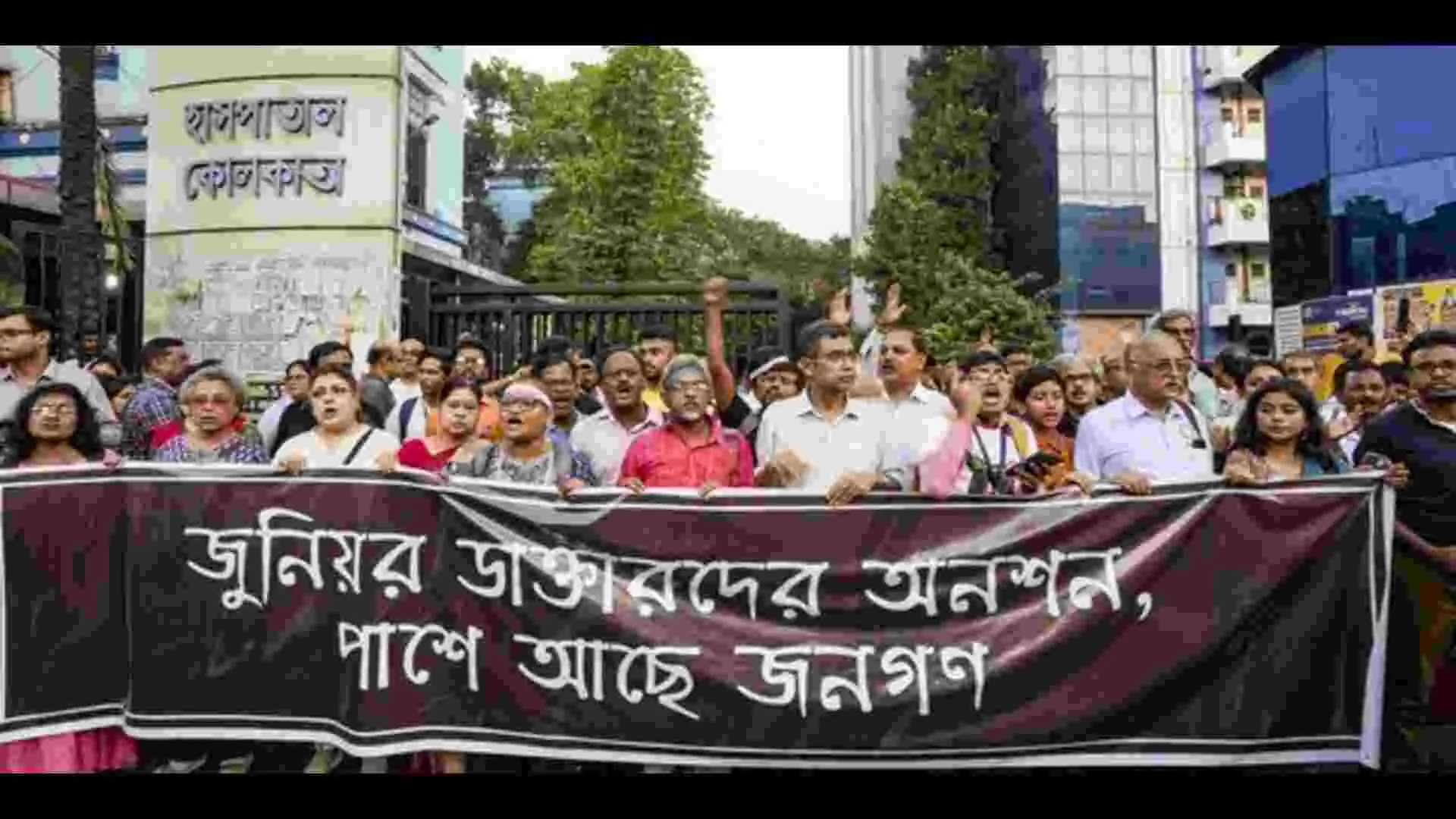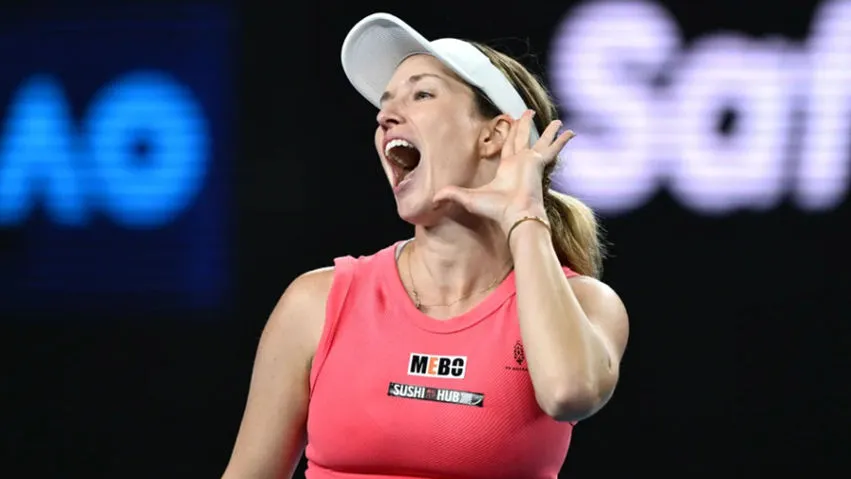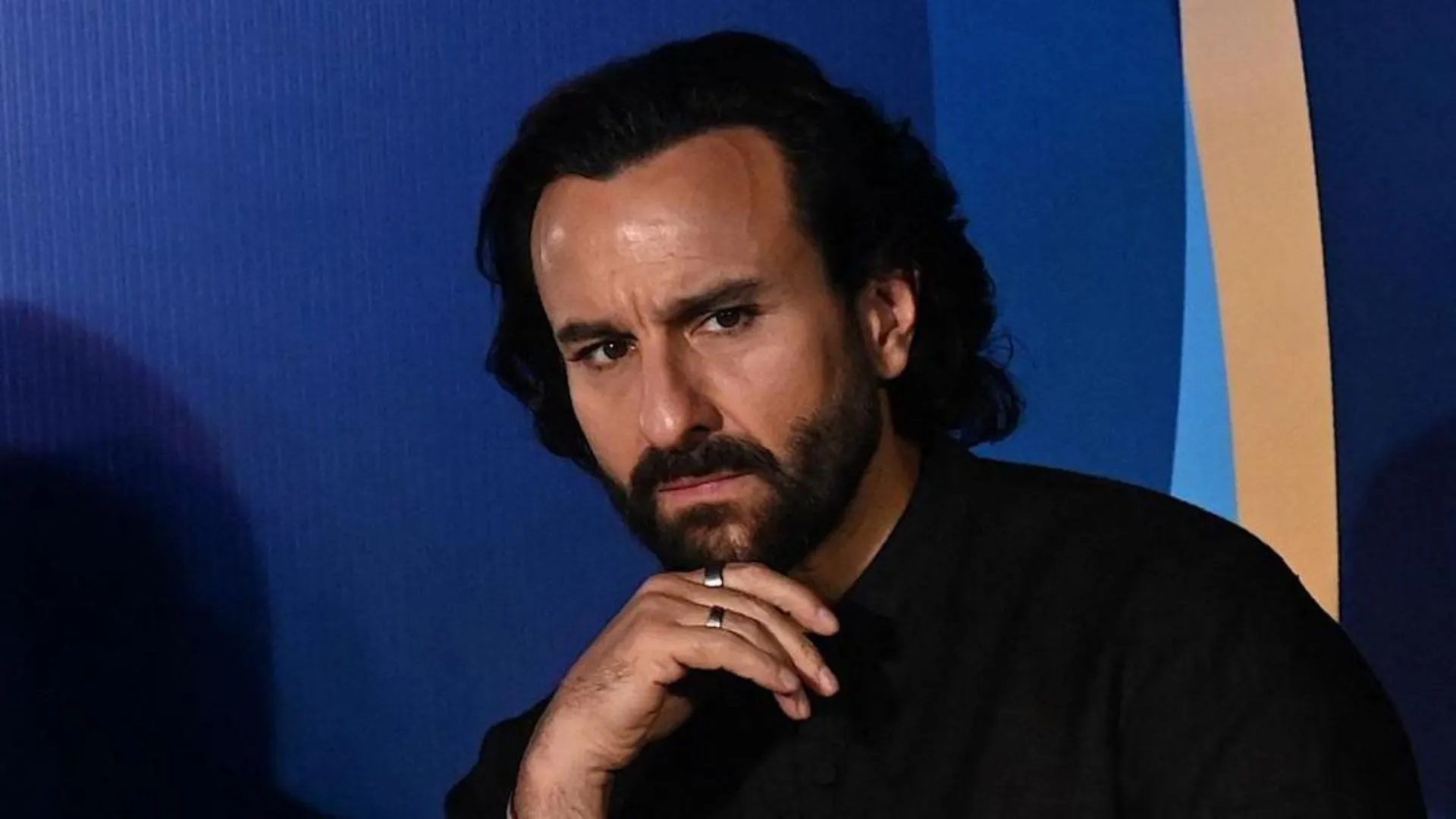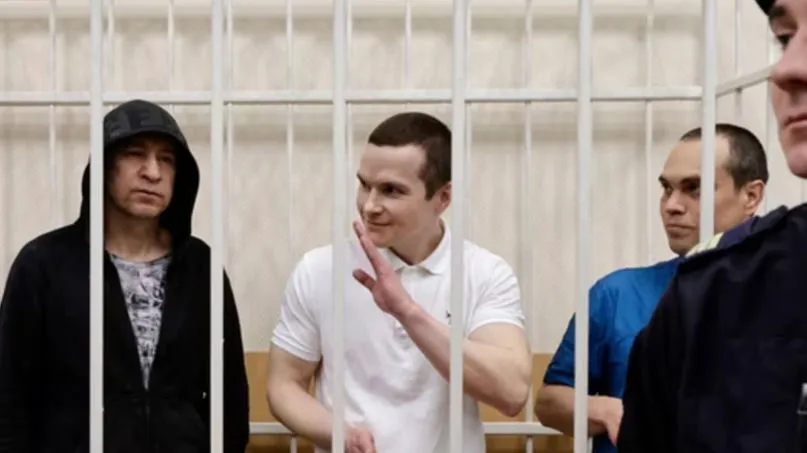The Union government has constituted a committee under former President Ram Nath Kovind to explore the possibility of ‘One Nation, One Election,’ a concept that involves conducting general elections and state Assembly elections simultaneously.
Sources indicate that the committee will assess the possibility of enacting legislation in this regard. Previously, a parliamentary standing committee, the Law Commission, and Niti Ayog had all examined the ‘One Nation, One Election’ proposal and submitted reports on the matter.
The government has decided to convene a Special Session of Parliament from September 18-22, raising speculation that a bill for this proposal may be introduced during this period. With five states set to hold elections later this year and the General Elections scheduled for 2024, there is anticipation that ‘One Nation, One Election’ could become a reality in the near future.
If ‘One Nation, One Election’ is implemented, it would entail simultaneous elections for the Lok Sabha and state assemblies across India, with voting occurring concurrently. Such simultaneous elections were conducted until 1967. However, in 1968 and 1969, some legislative assemblies were prematurely dissolved, followed by the dissolution of the Lok Sabha in 1970, leading to a shift in electoral schedules for the states and the nation.
The Bharatiya Janata Party (BJP) had included in its 2014 election manifesto the intention to work towards holding simultaneous elections for both state assemblies and the Lok Sabha.
In December 2022, the Law Commission sought the opinions of political parties, the Election Commission of India, bureaucrats, and other experts on the proposal for simultaneous elections in the country. Prime Minister Narendra Modi has repeatedly advocated for the idea of ‘One Nation, One Election,’ emphasizing its necessity for India. He has argued that frequent elections in India, occurring almost every month, hinder the country’s development and result in unnecessary expenditures.
However, the Opposition INDIA alliance, formed to oppose the BJP in the Lok Sabha polls, has voiced objections to the proposal. Leaders like Sanjay Raut of Shiv Sena UBT faction have argued that the country is already unified, and their focus is on ensuring fair elections rather than pursuing ‘One Nation, One Election.’
Ramgopal Yadav of the Samajwadi Party has called for a thorough discussion on the subject, expressing concern that the government may rush the decision through a special session without adequate deliberation. With the newly constituted committee led by President Kovind, it is expected that the government will expedite the proposal’s assessment and potential implementation.

















